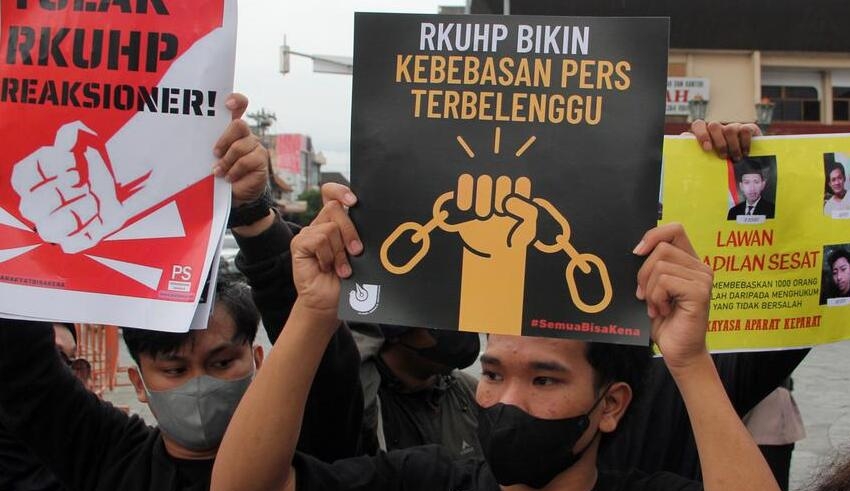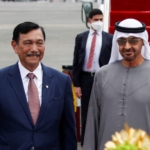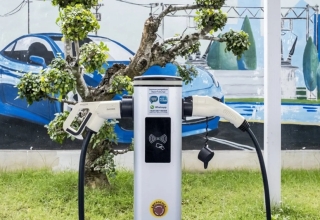
When Indonesia adopted contentious modifications to its penal code earlier this month, one issue grabbed headlines above all others: the prohibition of sexual activity outside of marriage.
Tourism officials said it would deter foreign visitors and damage Indonesia’s worldwide brand – not insignificant concerns for a nation that attracted up to 15 million international tourists yearly before the outbreak and just held the G20 presidency for the first time.
Officials have since played down the likelihood that tourists will be charged, but hundreds of millions of Indonesians still face up to a year in prison for the same offense – and rights activists warn that this is only the beginning of the new code’s potential to threaten personal freedoms and civil liberties in Indonesia. In contrast, Indonesian officials defend the decision as a necessary compromise in a democracy that is home to the biggest Muslim population in the world.
In addition, the new code criminalizes cohabitation between unmarried couples and the promotion of contraceptives to minors and enshrines prohibitions against abortion (save in circumstances of rape and medical emergency when the fetus is less than 12 weeks) and blasphemy.
It also restricts the freedom to demonstrate and criminalizes insults to the president, his cabinet, and the official ideology.
The potential jail penalties for offenders range from months to years.
Human rights organizations have provided critical reviews.
Keep Reading
Creation of the new code reflects, in part, the increasing influence of fundamentalist Islam on the politics of the world’s third-largest democracy.
About 230 million of the 270 million inhabitants of this large and varied archipelago nation are Muslim, while there are also sizeable Christian and Hindu minorities, and the country is proud of its inclusive “Pancasila” official doctrine.
The constitution guarantees a secular government and freedom of religion, and criminal law is largely based on a secular code inherited from the former Dutch colonial power; however, the province of Aceh adopts and implements sharia law, and Islamic principles influence certain civil matters and local level bylaws.
However, more orthodox versions of Islam, which were formerly suppressed by the former dictator Suharto, have risen as increasingly potent electoral forces in recent years.
In the most recent general election, held in 2019, President Joko Widodo selected Ma’ruf Amin, an elderly Islamic cleric, as his running partner in a move that was generally interpreted as an attempt to garner more Muslim votes.
The choice of Ma’ruf aroused questions among Widodo’s more moderate followers, but it helped him defeat former military commander Prabowo Subianto, who had formed a coalition with radical Islamist groups. Some of these organizations had previously proved their influence by spearheading enormous demonstrations that resulted in the ouster of the governor of Jakarta, Basuki Tjahaja Purnama, on a blasphemy accusation.
The new criminal code, which replaces the system inherited from the Dutch and was enacted unanimously by legislators from different political parties, also reflects the rising influence of hardline Islam. Some conservative parties had advocated for an even tighter code, but Widodo’s intervention halted prior proposals that had provoked massive public protests.
Officials from Indonesia have described the new law as a “compromise,” stating that it must reflect the many interests of a multicultural and multiethnic nation.


























